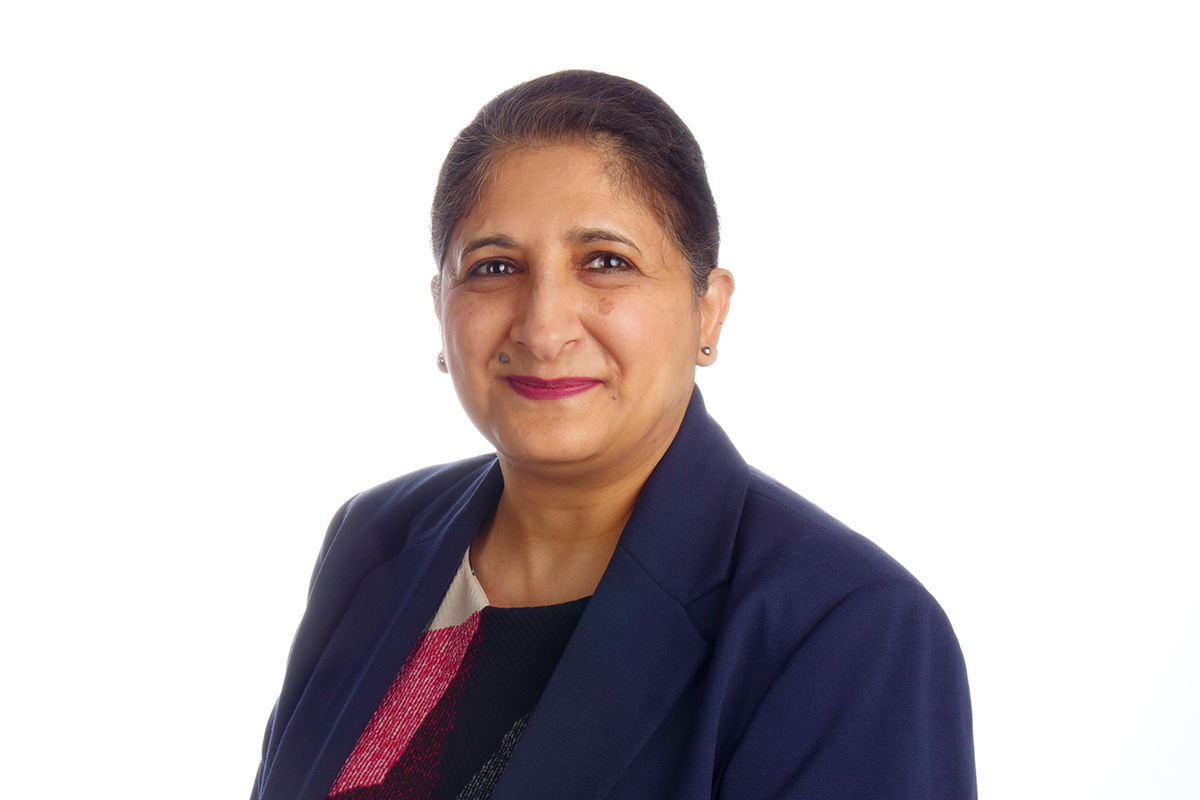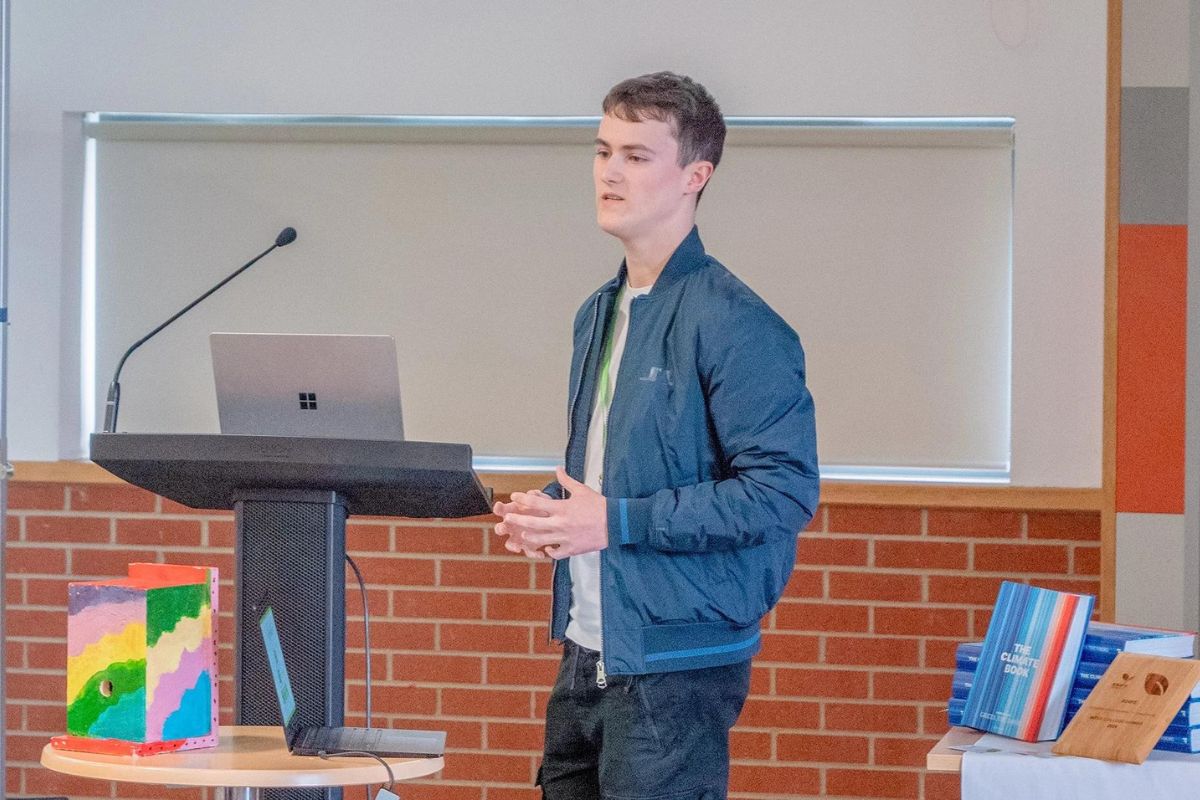Disadvantaged young people twice as likely to be out of work or education as their wealthier peers

As thousands across the country await their GCSE results this week, new analysis has revealed a stark ‘destinations gap’ – with young people from disadvantaged backgrounds more than twice as likely as their wealthier peers to not be in sustained work or education[1] five years after completing their exams.
Analysis of recently-published Department for Education (DfE) data, conducted by education charity Teach First, shows that 1 in 3 (33%) young people from disadvantaged backgrounds are not in any form of sustained education, apprenticeship or employment destination five years after they finish their GCSEs, compared to just 1 in 7 (14%) of their non-disadvantaged peers[2].
By contrast, comparable data for the same academic year (2019/20) reveals that only 1 in 4 (27%) disadvantaged pupils go to university[3] – meaning they are more likely to end up out of sustained work or education altogether than they are to reach higher education. Non-disadvantaged young people, however, are more than three times as likely to progress university (46%) than they are to end up out of sustained work or education altogether.
The gap of those not in sustained destinations grows significantly in the years following completion of GCSEs:
- One year after taking GCSEs the destinations gap is 8% (12% disadvantaged vs 4% non-disadvantaged)
- Three years after taking GCSEs the destinations gap is 14% (27% disadvantaged vs 13% non-disadvantaged)
- Five years after taking GCSEs the destinations gap is 19% (32% disadvantaged vs 14% non-disadvantaged)
Teach First’s analysis of additional DfE data[4] also reveals that this destinations gap is largely driven by higher drop-out rates for disadvantaged pupils in education after they finish their GCSEs. In 2019/20, young people from disadvantaged backgrounds were almost twice as likely to drop out of their A-Level course than their non-disadvantaged peers (13.2% compared to 6.9%).
Teach First believes that the best the way to tackle the ‘destinations gap’ would be through the introduction of pupil premium funding for 16–19-year-old pupils, which currently does not exist. Pupil premium is funding aimed at supporting the education of disadvantaged pupils eligible for free school meals and is currently available for all pupils up to the age of 16.
The charity argues that the introduction of a 16–19-year-old pupil premium would improve both the attainment and retention of disadvantaged young people in key stage 5 and help close the ‘destinations’ gaps.
The charity has also recently called for a series of recommendations to improve careers education which they believe could make a tangible impact on young people’s employability. This includes businesses offering work experience for pupils from disadvantaged backgrounds to provide essential careers skills and inspire them in their future pursuits.
Russell Hobby, CEO of Teach First, said:
“The destinations gap is a priority for the future of our young people – and the prosperity of our country. It cannot be right that you’re significantly less likely to have the same employment or education opportunities simply because your family has less money.
“We urge the new Prime Minister to tackle inequality in education – to ensure every child is given a fighting chance of a bright future. It’s not just a matter of fairness – our country’s long-term prosperity depends on the skills of the next generation of young people.”
Raza Ali, Headteacher of The Chalk Hills Academy, part of the Shared Learning Trust in Luton, said:
“Our teaching staff have been brilliant in helping our pupils navigate through their exams. We’ve provided extra revision, in-depth careers education and found ways to teach soft skills and build resilience. While we’re doing everything we can to help our pupils succeed in their GCSEs, we need more support.
“Schools that serve disadvantaged communities need more funding to fully recover from the pandemic and get through the current cost of living crisis. Due to inflation, we can’t afford to increase our teachers’ pay and provide all our GCSE level pupils with laptops for revision. We need to give our young people the best chance of succeeding in the future. If we don’t tackle this issue now, it’ll be our society that suffers in the future.”
[1]To be counted in a destination, young people have to be recorded as having sustained participation for a 6 month period in the destination year. This means attending for all of the first two terms of the academic year (October to March) at one or more education providers, or spending 5 of the 6 months in employment, or a combination of the two. Alternatively, a sustained apprenticeship is recorded when 6 months continuous participation is recorded at any point in the destination year.
Sector Response
Steve Haines, Director of Public Affairs at Impetus said:
“Teach First’s analysis echoes our Youth Jobs Gap research – that young people from disadvantaged backgrounds are twice as likely not to be in education, employment or training than their better off peers.
“Our research shows that half this gap is due to these young people getting worse qualifications than their better-off peers – but half is due to other things. This speaks to the importance of crucial GCSEs like English and maths, but it also suggests that qualifications alone will not be enough. Disadvantaged young people often lack confidence, networks and may need additional support such as housing advice and debt management too. This is why the charities that we support, working alongside these young people, are so important.”
Stephen Morgan, Labour’s Shadow Schools Minister, said:
“Twelve years of Conservative governments have created yawning inequalities in education which threaten to leave generations of young people behind.
“Patchy careers education and a systematic failure to help young people recover from the pandemic means too many school leavers can’t access the opportunities they deserve.
“Labour’s Children’s Recovery Plan would be delivering small group tutoring and breakfast and afterschool clubs for everyone, right now. We will put a careers adviser in every school to make sure young people are ready for work and ready for life. Only Labour can provide the fresh start young people need.”
The key insights in this article were drawn from data published by the Department for Education.
The sustained destinations statistics were published on 7 July 2022 and the primary source can be accessed here.
The statistics on higher education progression rates by pupil characteristic were published on 14 October 2021 and can be accessed here.
The statistics regarding retention in A-level courses of study were published on 26 November 2020 and the primary source can be accessed here.
[1] Department for Education, Academic Year 2019/20 – Longer term destinations, July 2022
[1] Department for Education, Academic Year 2019/20 – Widening participation in higher education, October 2021
[1] Department for Education, Academic Year 2019/20 – A level and other 16 to 18 results, November 2020












Responses